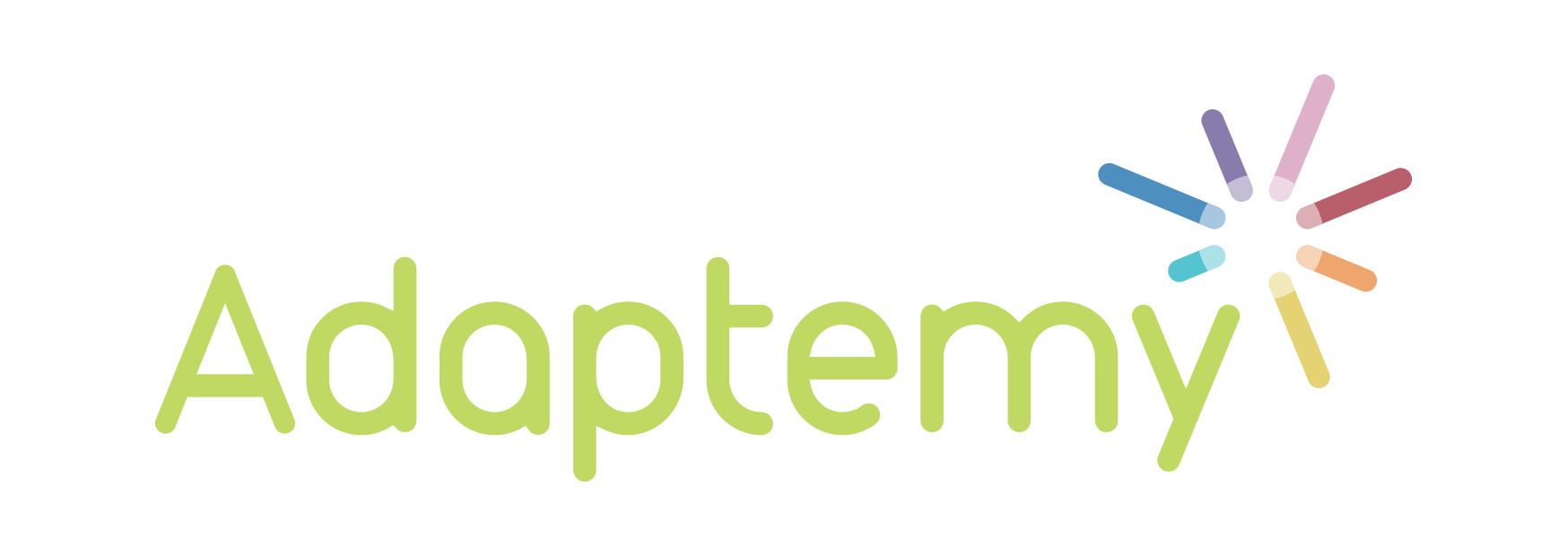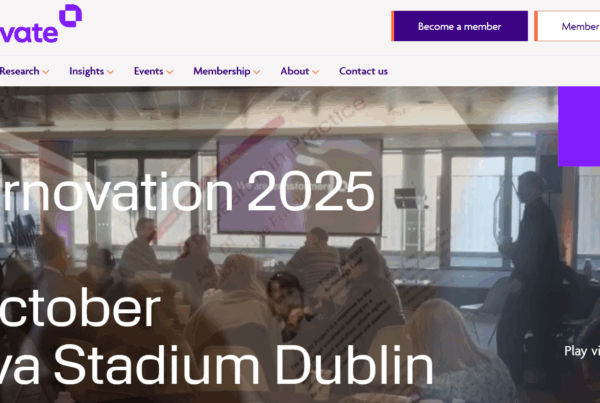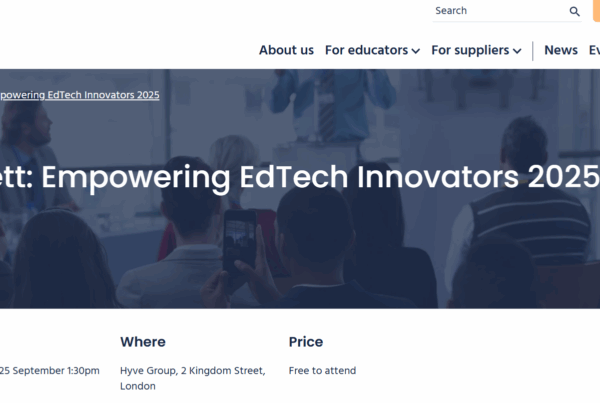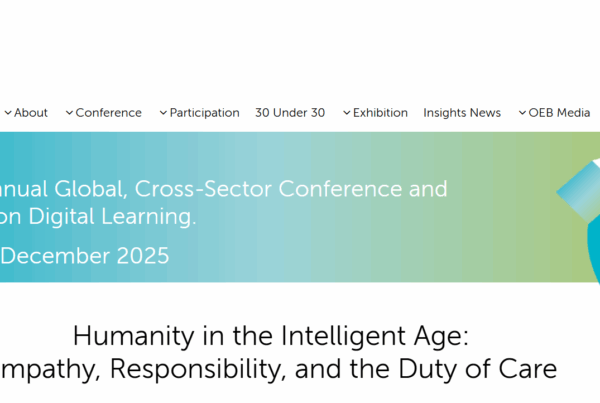
What’s driving you to explore an adaptive learning (AL) solution? A desire to evolve your existing digital offering? An increasing need to stand out in the marketplace? Are you looking for your next product suite?
Adaptive learning solutions offer promise where less complex technologies do not. By enabling publishers to develop unreplicable digital products, they secure market share while also improving learning experiences and outcomes.
But how golden is this goose? There’s more than one instance of failed edtech solutions. Rumours abound surrounding the efficacy and profitability of education technology. Will an adaptive learning solution really put you on the front foot? Let’s explore the opportunity by first acknowledging the wider cultural shifts that are hastening the need for AL solutions in schools.
Smart tech is expected
Technology is infiltrating every aspect of our lives. Even for those born before digital was ‘native’, technology is now the norm not the exception. Students expect sophisticated technology in the home and the classroom.
Adaptability is increasingly a part of these technological advancements, although in other circles it’s perhaps better known as AI (artificial intelligence). It is AI that powers Apple’s Siri, Google’s Home and Amazon’s Alexa. It is also the beating heart of adaptive learning: it is this technology that learns user behaviour and predicts outcomes.
Adaptivity is already prevalent
This bespoke technological approach to experience is being harnessed beyond home hubs. In retail, it’s called ‘personalisation’ and is observed in both the opportunity to easily personalise clothes and in the bespoke shopping experiences available on and offline.
CRM giant Salesforce frames this personalisation as “customers being recognised as individuals, and treated in a way that makes them feel appreciated, unique and understood.”
At its core, adaptive learning is about students being recognised as individuals, and taught in a way that makes them feel appreciated, unique and understood.
Retailers enjoy increased revenue and brand loyalty and learners profit from a much-improved learning journey and exponential educational outcomes.
Adaptivity is already serving the world. It’s time to take it into the classroom.
Adaptivity supports educational needs
Under increasing scrutiny and lacking transparency, technology has the potential to transform the classroom and offer much-needed support to teachers. Yet the sector remains underdeveloped in terms of its digital prowess.
With an adaptive learning solution by their side, teachers can demonstrate the impact of their lessons, reduce their workload and access greater insight into the individual demands of each student.
Students meanwhile, enjoy instant feedback and a learning experience that is tailored to their educational needs. Parents receive more in-depth information about their child’s progress and the technology supports teachers and schools with audit trails, evidence and accountability.
Culture, tech and the industry are showing signs that the time is now. But what of the drain on your in-house resources? How long will it take for the solution to be profitable? Is this really the right direction for the business?
Is this right for your publishing business?
Your commercial demands and ambitions will be unique to your business. We won’t guess at what’s driving you forward but we will share three stories from our clients. Their approach and insights are helping publishers navigate the journey into adaptivity with confidence and clarity.
Slovakia’s Raabe needed to stand out in a crowded marketplace. They went live with an adaptive homework product in three short months and quickly secured a strong foothold over competitors.
Folens in Ireland had a digital offering but it was easily replicable and hard to monetise. Adaptive learning helped to create a truly unique product that secured long-term market share.
Spain’s Aula Planeta wanted to disrupt the textbook-centric incumbents and needed a sophisticated solution to stand out. Having seen complex solutions fail, they needed carefully proven effectiveness. In less than a year they had exceeded licence expectations by 57%.
Adaptive learning is delivering a digital advantage to publishers across the world. What could an adaptive learning solution do for your business?




